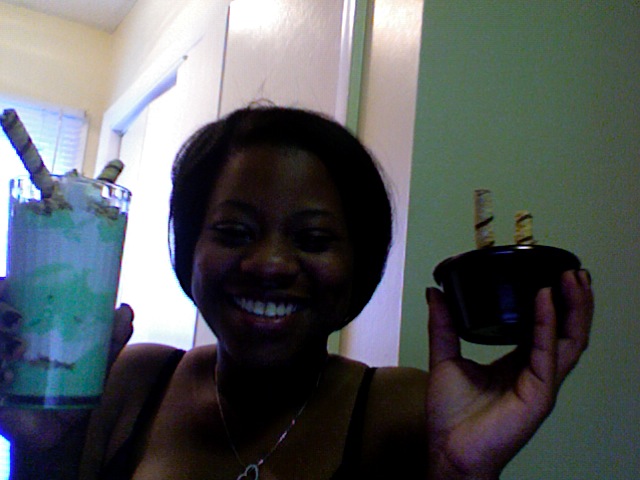Victorian Ladies and Gentlemen such as John Newman and Charlotte Bronte represented literature at the time. I found most of the pieces that I read to be confined. The authors wrote about society and every writing seemed to be so proper. From the readings I drew that Victorian ladies and gentlemen were social beings that lived to please their neighbors and their social ranks. The only writings which seems far fetched in the time period was that of Margret Fuller and Mary Wollstonecraft.
Of course when writing this I was tempted to only touch base on Fuller and Wollstonecraft however the represented the minority at that period in time and it seems as if they where actually radicals ahead of their time.
On the other hand however there was Carolina Norton and Isabella Beeton who more exemplified the mindset of the time. In both of their writings these women spoke of the roll of women in the household and a woman’s duties to her husband. It seems like the fear of being judged by others meant more to them than their individual happiness. Divorce was out of the question and it had to be granted through written permition. Beeton even writes of the first two years of marriage and how miserable she was, however with time she learnt to cope with married life. Things remained peaceful within households especially because women kept their place and men where satisfied as long as needs were meet and their women were submissive.
Although a little immature, and maybe far-fetched my interpretation of the Victorian Ladies in gentlemen is a comparison to an episode of real Housewives of New Jersey or a reality show of its kind. The women seem to be superficial Barbies and the men money hungry, egotistical, shovenist.
Subscribe to:
Post Comments (Atom)

Simone,
ReplyDeleteOK overview of the section on gender roles, and you do mention some specific names of the writers included here. You don't really focus on any particular text or passage, though, and that choice makes your post more broad and general, and less insightful and informative.
I, personally, am a little confused by your last statement. Are you refering to women and men as a general population, or the authors? I somewhat agree that the women were superficial, however, that was mainly because they were forced to be. They were under lawful control of their husbands/fathers/brothers, they did not have much of a choice. The men, however, were extremely chauvinistic as a general whole.
ReplyDeleteI feel that there could have been more said about the women of this time in great detail, as I have also written on this piece, but overall you touched base on the main issues of this piece.
ReplyDelete